

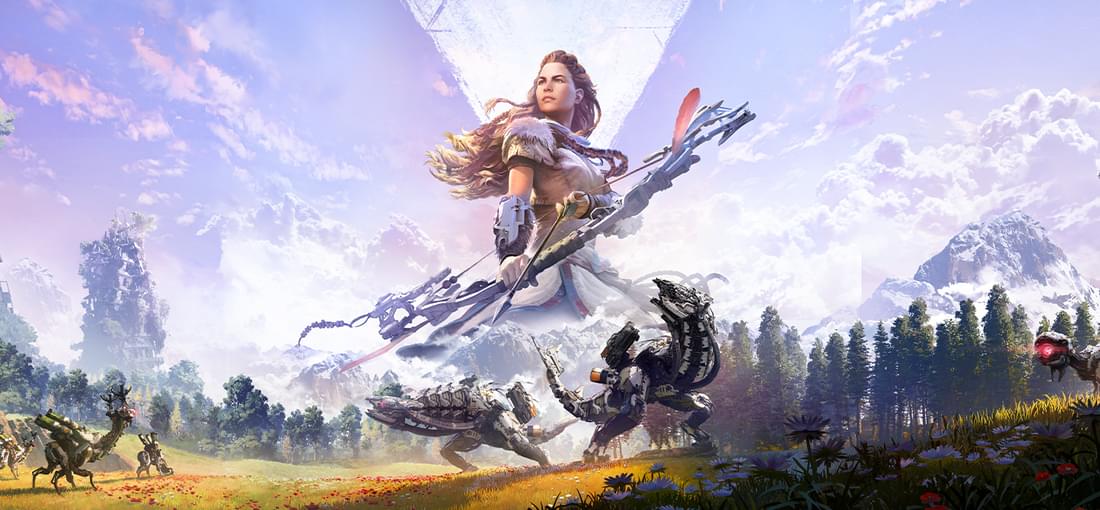
So this is the thing: it's a game that, of all games, reminded me a lot of Elex with its post apocalyptic scavenging world and generally mean characters. Once you get a bit further on it and open up the skill branches it gets better, but then, blam, respawns and RNG in loot that makes this closer to a loot game than an rpg. Going from A to B always means that you will find respawning enemies, and if you like to play stealth like I do, you will find yourself doing the same loop over and over again in a way that I never saw in other open world crpgs like Skyrim, and on the other side of the equation of Elex or Piranha games (which tend to feel empty after a while). I know that there are some people who actively enjoy this loop of the same mechanics over and over again with the same enemies in the same spots just for a slightly different loop, and that may work very well if you like to play in non subtle melee, but stealth games usually work better in tightly designed levels. Having said that, HZD is incredibly beautiful, has many game options to make it play fluidly, the main character is lovely and the first hours are just magical. However, kind of ironcally, makes me want to go back to Elex, even when that game irritated me much much more.
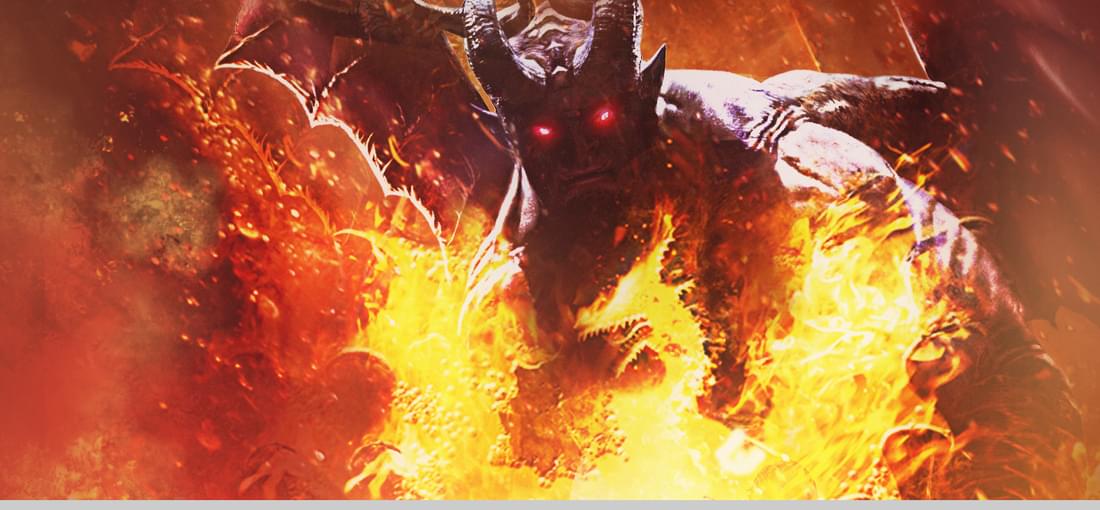
Latest patches were not adopted in GOG, and some bugs reside on the server. This makes the GOG version, as much as we like drm free stuff, undesirable, less updated than the Other version, with known bugs, uglier, and harder to mod. It can work for you, it does not for me. Check the discussions in the game name's forum here for further details.
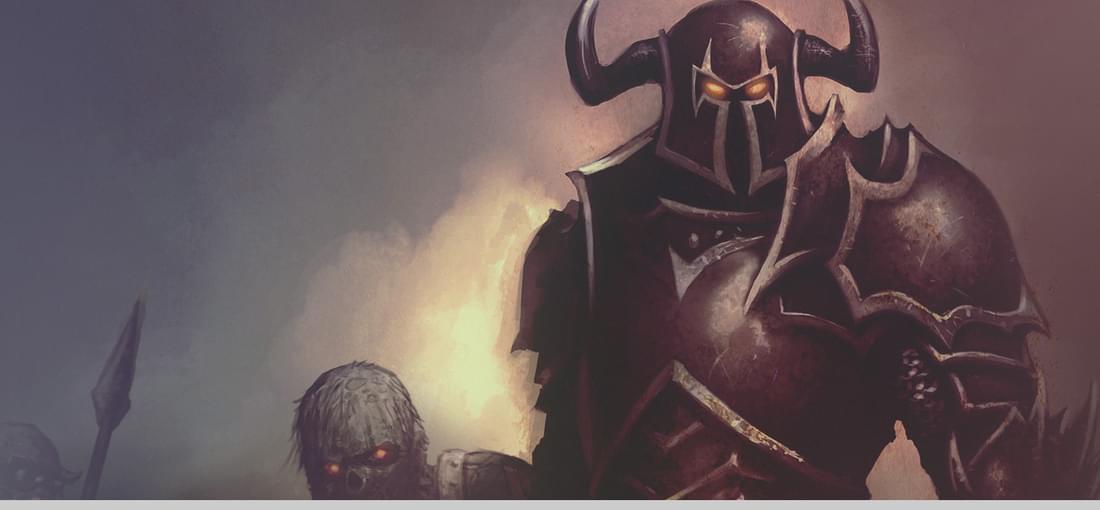
Once an opinion is canon, no other opinion gets to the surface, but even when I have Baldur's Gate bought several times during my life (two physical, a previous one in GOG) I think this EE totally deserves your investment because it gets rid of so many bugs and glitches and fixes so many broken quests. So. Many. Bugs. I tried to play the original release last year with all the patches and enhancements and the thing crashed, burned and glitched like crazy. Only thing you will miss, and I actually miss, are the EAX enhancements which sounded so great.

Stand up, please. Here we have the reason why Access software became so successful: though they did have nice arcade hybrids and adventure games, their impact on the video game history can be just pointed at this game, because Links is a monster of an influential game: the first one that had digitalised sounds, rotoscoping and nice graphics, and with a swing mechanic that stayed in similar games for long. It allowed for huge customisation, which was another new element at the time, so you could retry swings with all kind of positions and strength and clubs, and it rewarded you with funny sound samples. Even the intro was something unique. No beeps! A full sampled intro! That is an orchestra, wow! Now, does it mean that I recommend its full price? Well... depending on how many courses it brings (the original game had one course and many expansions that you had to buy). No one can deny it is a fantastic game that remains influential and that is fun, though. Links 386 is better, Links LS streamlined the game a bit more, and this original Links shows it was made more than 30 years ago, but again, this is the one that shook the subgenre and made it popular. Respect. You may sit now.
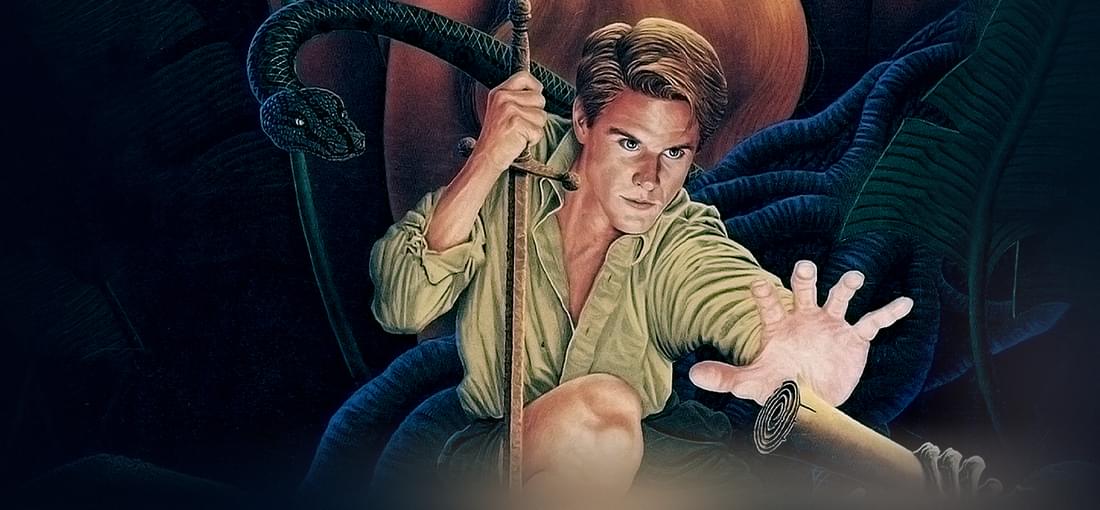
I am sorry to be this harsh because Chris Jones is one of the guys that I respect the most in the industry and I love the Tex Murphy adventures, but Amazon is probably the worst thing he has designed and / or released. An Access adventure that puts aside what was stronger on the rest of their games (the conversation puzzles, the amount of text) and focus on the worst (timed sequences, arcade sequences, sudden deaths) and this time with a really messy graphical style that makes most of the screen, er, ugly. I am all for a Cannon Films kind of exotic adventure that goes all the way for the pulp (well, ignoring the colonialist overtones but we all knew what we came for) but this is just an inconsistent mess. It looks like it is older than Countdown when it was released around 2 years later.
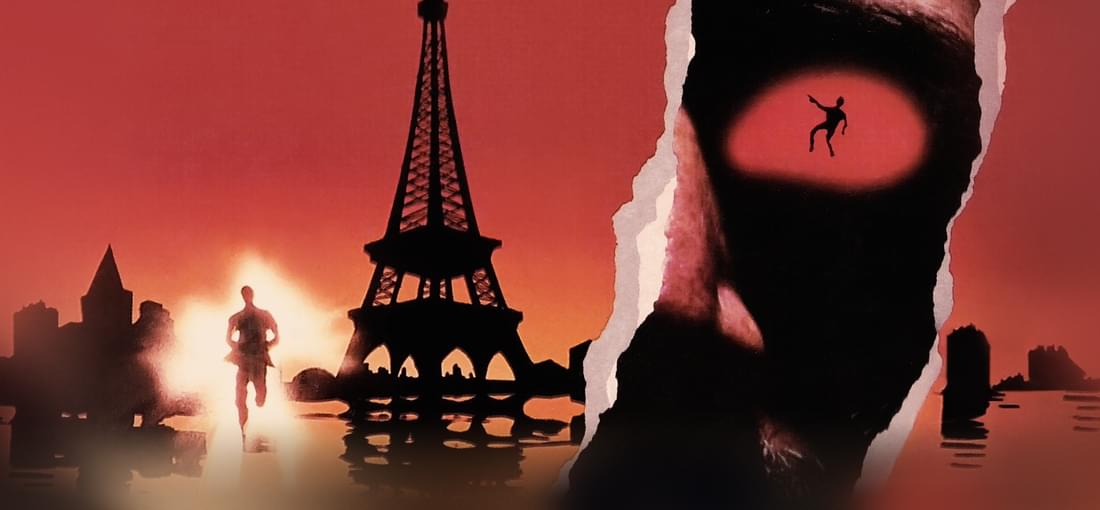
Countdown is one of the adventures that shocked me the most at the time, but at the time was 30 years ago. Chris Jones, from the Tex Murphy games, and Brent Erickson, who later released that oddball called Noctropolis (all of them featured in gog) released a very campy take on the pulpiest spy novels of the 70s and 80s, starting in an asylum and making you look at everything to trigger flashbacks that explain the backstory. The puzzles are mostly based on moving something to get a key, there are some annoying "proximity" puzzles, some interesting stealth parts, a way more interesting set of conversational puzzles (reminding a bit of the japanese visual novels) and, for the time, really cool digitalised video and audio. No music, not much of a description, plenty of dead ends and not only timed puzzles but a timed game. The best thing about this game may be the sense of humour it never stops having, and that makes it way more successful than their Amazon game. Still, it is a game that at the time you forgave its problems (the movement, the interface, the timed puzzles, the glitches) because it offered something that was not in any other adventure (a spy adventure!). And yet it is one of the few spy narrative games around. But it is campy, it is pulpy, and it is rough. I still love it because of how happy it made me when I beat it for the first time but that does not change what it is: an adventure game below the average quality at the time (Sierra, Coktel or Lucas were doing better games - even Mean Streets from the same authors is a much better game overall and feels better). If you are curious, play it with a walkthrough.
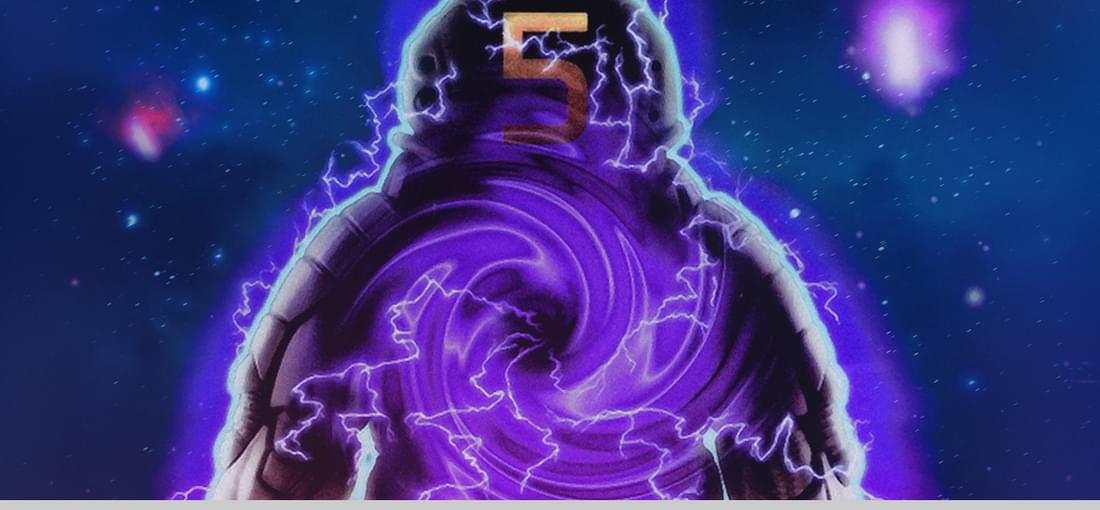
After enjoying Pegasus Prime so much, going to Buried in Time is going to a game that is obviously less polished. There are time sequences, sudden deaths, dead ends, unskippable videos that cannot be paused or cannot be repeated, pixel hunting, a navigation system which is simply awful and backtracking that can only be defined as brutal. But the lore is good, with a time travel story that mixes with Star Trek kind of aliens (where, btw, humans are the only ones that act individually it seems) and quite nice educational value. It is just... to clunky to enjoy nowadays.
Though I love adventure games I did not play any of the Journeyman Project games until a few days ago, when I bought the remake of The Journeyman Project, and it was really a journey. It feels totally like a 90s game, with a scifi story that has echoes of all the scifi series of that era and a gameplay that mixes cRPG grid movement and even abilities (the chips) with adventure game inventory mechanics. It is slightly clunky and some of the timed puzzles or arcade puzzles could easily had been removed, but still, it is a trip to the tropes of that era and themes and mood that were repeated in Mission Critical, Daedalus Encounter and similar games. A really nice relic from the past.
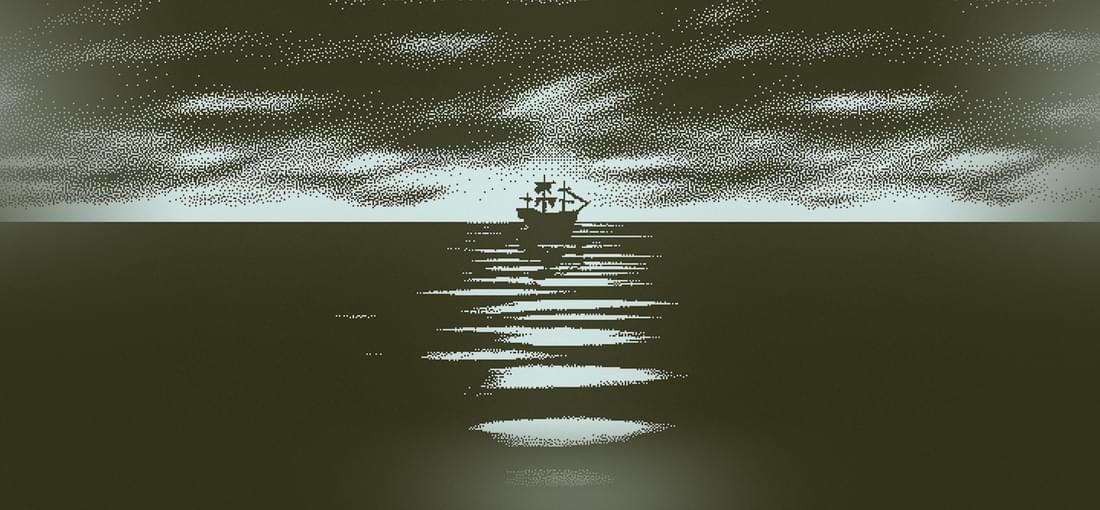
As usually the first and the positive reviews are the only ones with any visibility I don't think that you will read this but... I did not like this game. The visual aspect is amazing, the sound design is out of this world, and the walking simulation aspect of triggering different flashbacks to join the dots is cool. But then you are left with "tell who was this character, how it died and if someone killed it, who". As if that mechanic could hold the entire game. Spoilers: it does not because Obra Dinn barely defines the characters, barely defines the motivation and barely defines anything. It has a couple of wonderful ingredients but it leaves you just with trial and error between people from the same nationality in combinations of 3 or 4. Moreover, I can excuse the gaps in storytelling as gaps that you can fill yourself, but this game seriously lacks for some common element that could push you to feel the tragedy of the ship. It feels gamey, it feels artificial, it feels even pedantic and it feels, most of all, like a waste of serious technical talent.